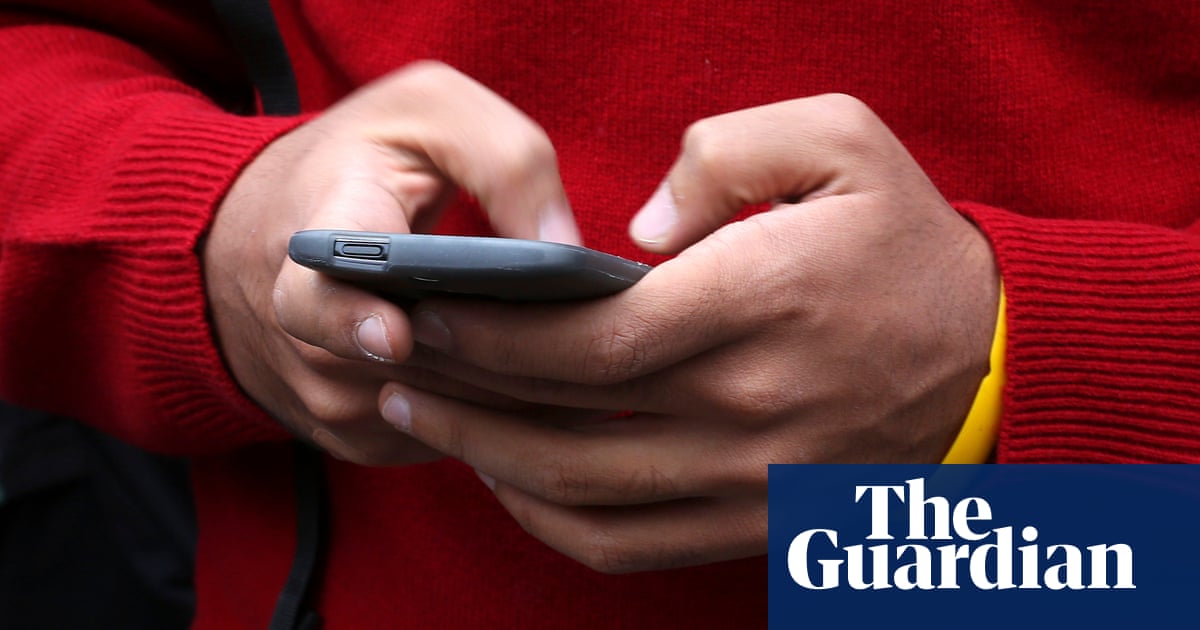MPs have accused Apple andGoogleof profiting from multimillion-pound phone-snatching operations that police say are masterminded by organised crime gangs in Britain, Algeria and China.
In 2024, 80,000 phone devices of all kinds were stolen inLondonalone, up a quarter from 64,000 in 2023. The devices had a street value of about £20m, and iPhones made up the majority.
In evidence to the House of Commons science and technology committee on Tuesday, theMetropolitan policesaid they wanted smartphone companies to start preventing stolen devices from accessing their cloud services so that they were no longer “smart”, therefore dramatically reducing their resale value.
But so far they have not agreed, despite calls to do so since 2023, said Darren Scates, the Met’s chief digital data and technology officer.
Martin Wrigley, a Liberal Democrat member of the committee, said: “Apple and Google continue to make profit and continue to sell more phones because these phones are not removed from the system. You [the companies] owe it to the customers around the world to implement this immediately. No ifs, no buts, just do it.”
Asked why they had not done so, representatives of the firms pointed to other security features, particularly those that protect customer data.
Simon Wingrove, a software engineering manager at Google, said its system was “robust and works very well”.
Gary Davis, a senior director in regulatory and legal at Apple, said it was concerned about disconnections being used for fraud, with bad actors wanting to get data and the power to delete accounts for blackmail.
Kit Malthouse, the Conservative former policing minister, said it felt as if Apple was “dragging your feet and sitting behind this is a very strong commercial incentive”.
He said: “The fact that £50m of phones are stolen in London every year – if that stopped that would be £50m in sales that would be depressed.”
He also suggested Apple was benefiting from selling services to the users of millions of stolen phones around the world.
Davis responded: “I don’t believe we are profiting. It is necessary to refute the suggestion that we benefit from our users somehow suffering the traumatic event of having their phone stolen and being disconnected from their lives. We have invested many hundreds of millions in designing in these protections.”
The Met said all types of thefts were down 15% in April and May and about two-thirds of thefts related to mobile phones. Commander James Conway cautioned that it was a “tentative reduction” and said it was likely to be a result of increased police prioritisation and phone users showing more caution. Scotland Yard recently bought a fleet of high-speed ebikes to chase snatchers.
Conway said theft and robbery were “easy crimes to commit” in London, and he described “teenagers on [high-powered ebikes] riding down the A10 committing 10, 20 thefts or robberies on the go, packaging those phones swiftly into silver foil or Faraday bags to make it more difficult for us to identify location, and then swiftly passing them on to a middle-market handler and ultimately out of the UK.”
Most of the phones being stolen are the most expensive Apple versions, which police believe are specifically targeted and sell on the street for between £300 and £400. Part of the trade is driven by the relative high cost of phones in lower-income countries. It is estimated that more than 90% of stolen phones are reused while the rest are stripped for parts, with the screens particularly valuable.
The hearing began with Malthouse saying he had witnessed an attempted phone theft by two young masked men on bikes on Tuesday morning while he was heading to parliament.
